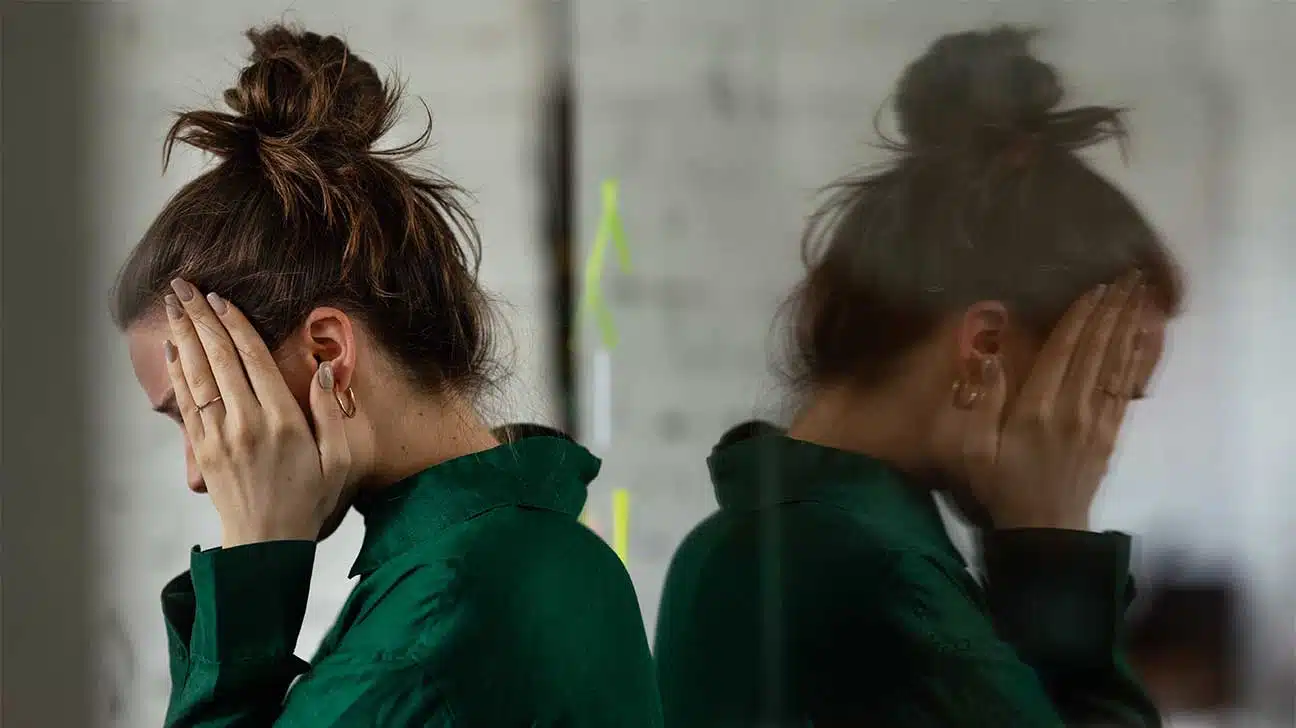
When most people think of rehab facilities, they assume they only treat addiction. However, it’s not uncommon for these healthcare programs to also help with mental health conditions such as depression.
Many people with a substance use disorder (SUD) also experience depression or another co-occurring disorder, which is referred to as a dual diagnosis.
Dual diagnosis treatment programs are available at the inpatient and outpatient treatment level of care.
What Is Rehab For Depression?
Depression is one of the most common mental illnesses experienced by Americans. One study found that around 21 million, or 8%, of American adults face depression.
Depression is not something that should be taken lightly. When left untreated, it can result in a poor quality of life, suicidal thoughts, substance abuse, and other serious issues.
Addiction treatment centers that offer dual diagnosis care for depression provide a stable environment away from daily life stressors and distractions. People can focus entirely on getting better.
Healthcare providers at these facilities, including therapists or psychiatrists, create individualized treatment plans designed to help people tackle the root cause of their illness.
Depending on the severity of the co-occurring disorders, people can try levels of care such as inpatient treatment or less intensive outpatient care, like intensive outpatient programs (IOP).
When To Consider Dual Diagnosis Treatment For Depression
There are a few different types of depression that may occur along with an SUD, including major depressive disorder (MDD), persistent depressive disorder, and seasonal affective disorder (SAD).
Bipolar disorder is also closely related, with a person experiencing periods of depression and manic episodes.
If you are concerned that you or a loved one may be experiencing severe or chronic depressive episodes, there are a few key signs to watch out for.
Common signs and symptoms of depression include:
- loss of interest in hobbies or activities
- withdrawal from loved ones
- sleeping too much or not enough
- irritability and mood swings
- expressing feelings of sadness, despair, or worthlessness
- sudden changes in appearance
- suicidal thoughts or ideation
- low self-esteem
- trouble concentrating
If you or your loved one has experienced five or more of the above for longer than two weeks, you may have clinical depression. However, it’s vital to get a professional diagnosis.
What To Expect At A Rehab Center That Treats Depression
Mental health conditions affect people in different ways, so dual diagnosis rehab centers will tailor treatment plans based on a client’s individual needs.
The most common evidence-based treatments include psychotherapy, medication, or a combination of the two.
Types of therapy for depression may include:
- cognitive behavioral therapy (CBT)
- group therapy
- family therapy
- psychodynamic therapy
- dialectical behavior therapy (DBT)
You may also encounter holistic treatments for wellness at the rehab center, such as equine therapy, meditation, yoga, journaling, or spiritual services.
Being in a residential treatment center is a good opportunity to find a medication that works, such as antidepressants like selective serotonin reuptake inhibitors (SSRIs).
Benefits Of Depression-Focused Addiction Treatment
The structure, care, and professional help provided by a depression-focused treatment center can be an invaluable resource to people struggling with mental illnesses.
People with mental health problems may isolate themselves, and being in a rehab program can help them find community and support networks.
It can also be a safe space for people at risk of self-harm or suicide. Round-the-clock care helps ensure that people won’t hurt themselves.
While in treatment, clients can learn healthy self-care habits, coping skills, or even new hobbies and activities to try.
No matter what forms of depression and addiction you or your loved one may be experiencing, a dual diagnosis treatment center can provide solutions for long-term recovery.
Get Help For A Dual Diagnosis Today
If you or a loved one is facing addiction and co-occurring depression, help is available. Contact us today to learn more about your treatment options.
Addiction Resource aims to provide only the most current, accurate information in regards to addiction and addiction treatment, which means we only reference the most credible sources available.
These include peer-reviewed journals, government entities and academic institutions, and leaders in addiction healthcare and advocacy. Learn more about how we safeguard our content by viewing our editorial policy.
- National Institute of Mental Health (NIMH) – Major Depression
https://www.nimh.nih.gov/health/statistics/major-depression - WebMD – Types of Depression
https://www.webmd.com/depression/depression-types


